The Israel-Hamas Conflict: Voices from Scientists on the Front Lines
The Israel-Hamas Conflict: Voices from Scientists on the Front Lines
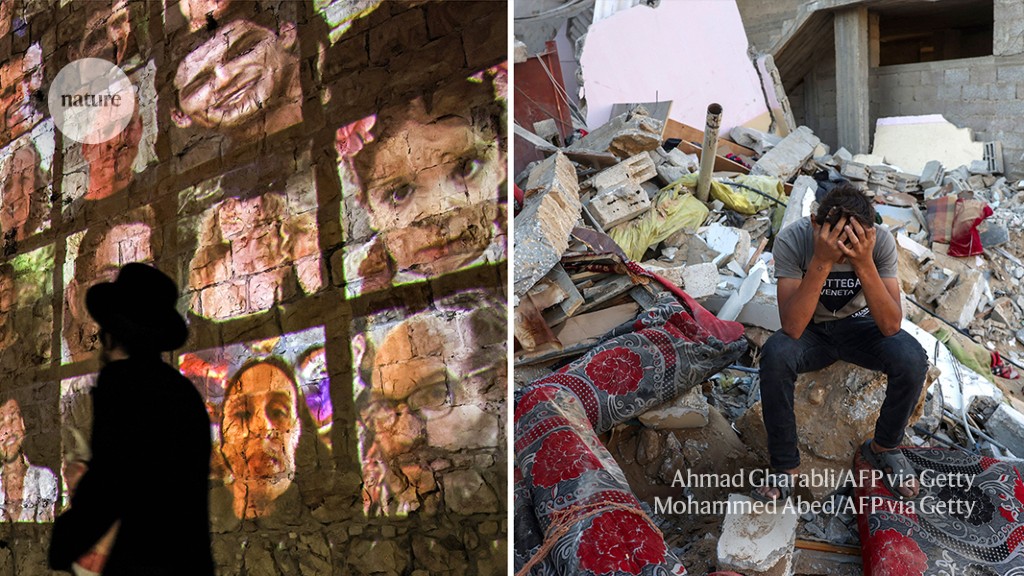
Send us a link

... but collaborations are still hampered by bureaucracy and underfunding.
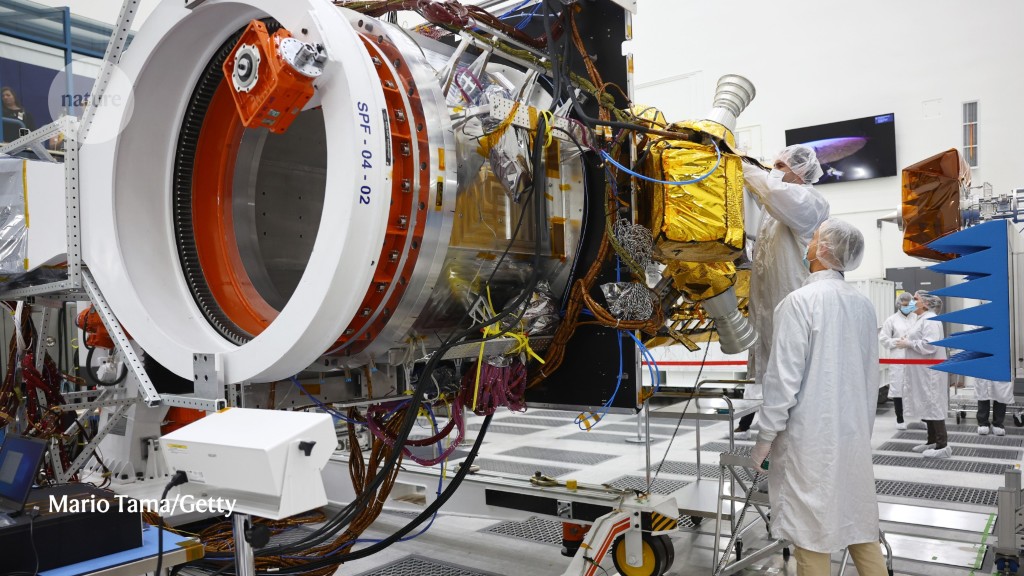
Vaughan Turekian, the director of the Policy and Global Affairs Division of the National Academies of Sciences, Engineering, and Medicine in the US, discusses efforts to support Ukrainian scientists and why such efforts are important for the future of Ukraine.
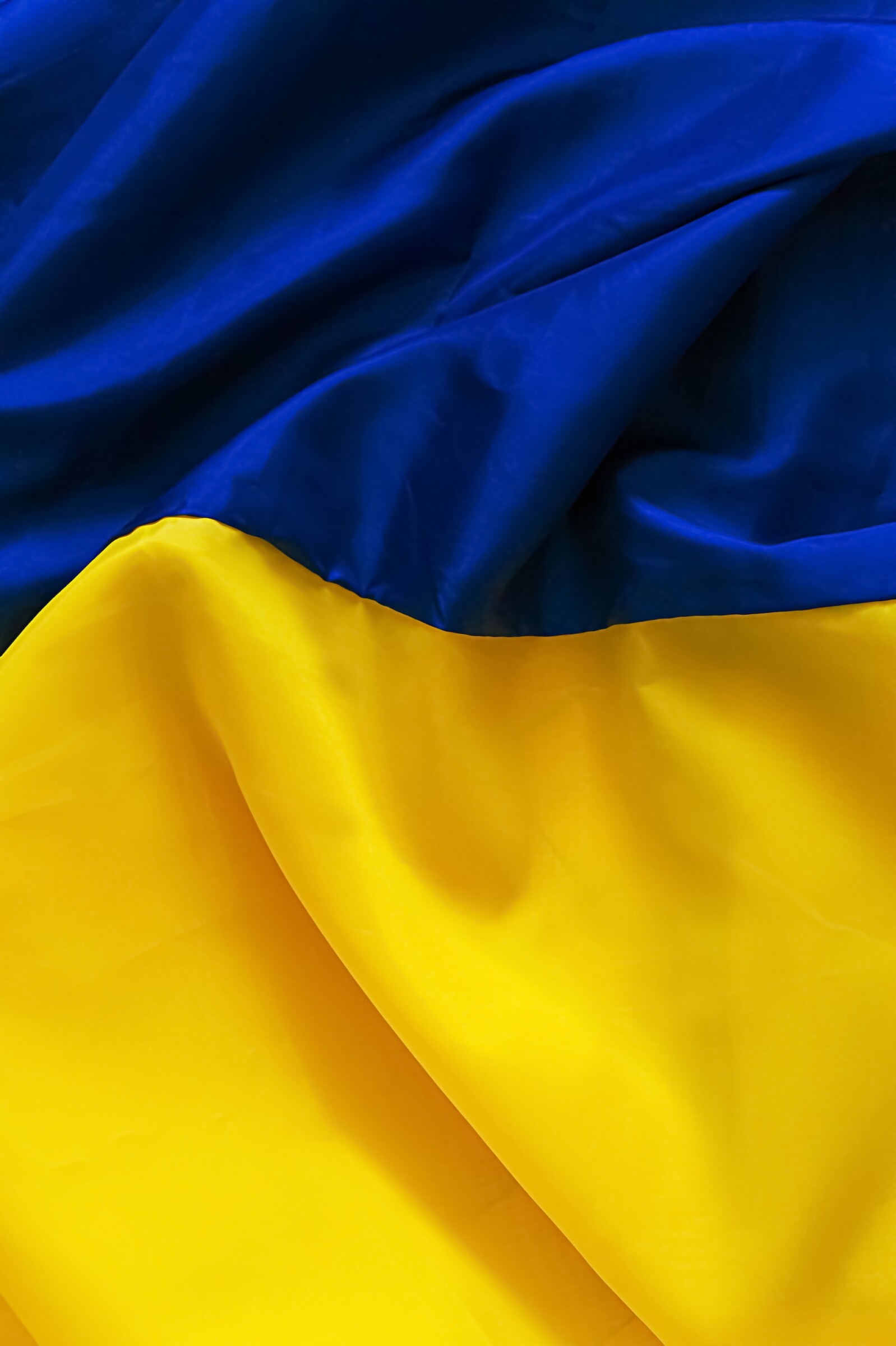
China's president unveils a vision for the infrastructure strategy that could help other countries overcome Western restrictions. The Action plan includes harnessing markets and talent of participating countries to power scientific and technological advancement.
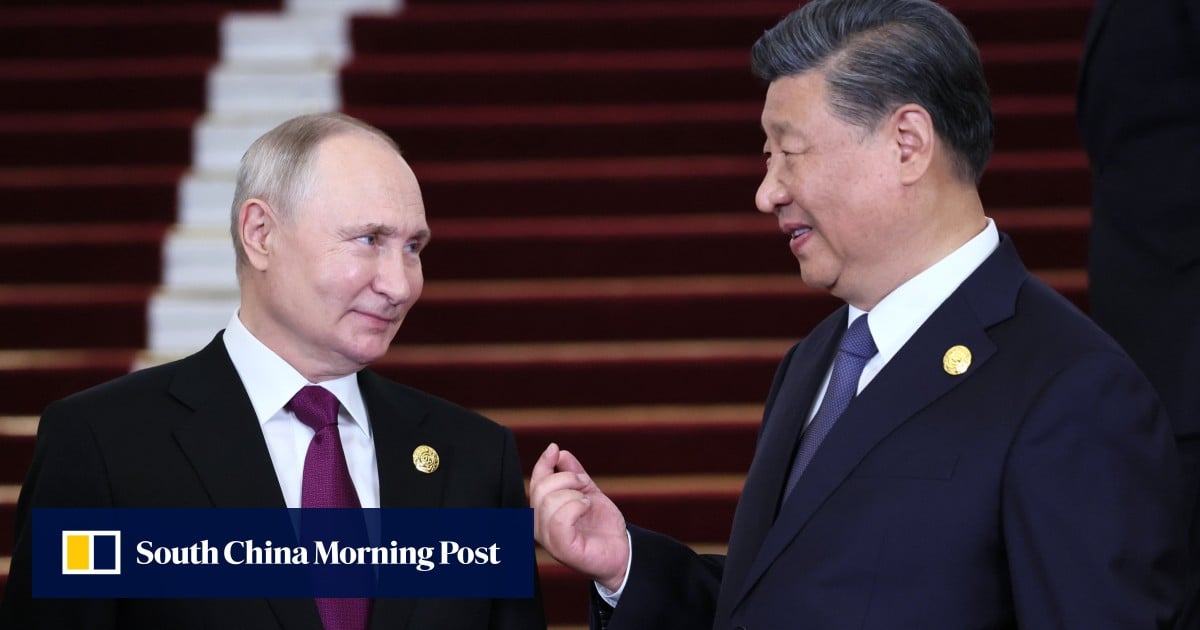
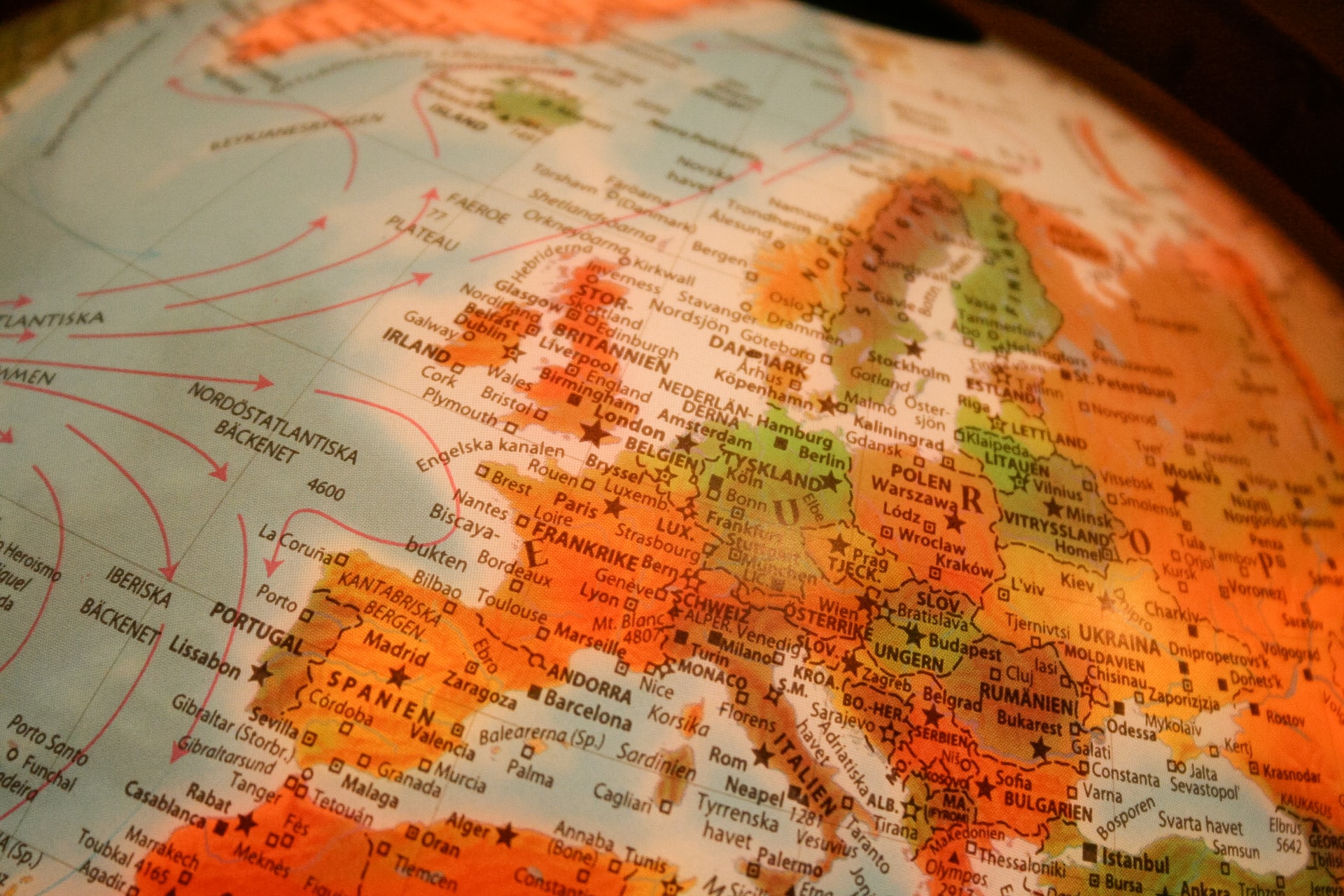
Opinion: The flaws of the awards, seen by the public as the only game in town, are hindering the pursuit of innovation.
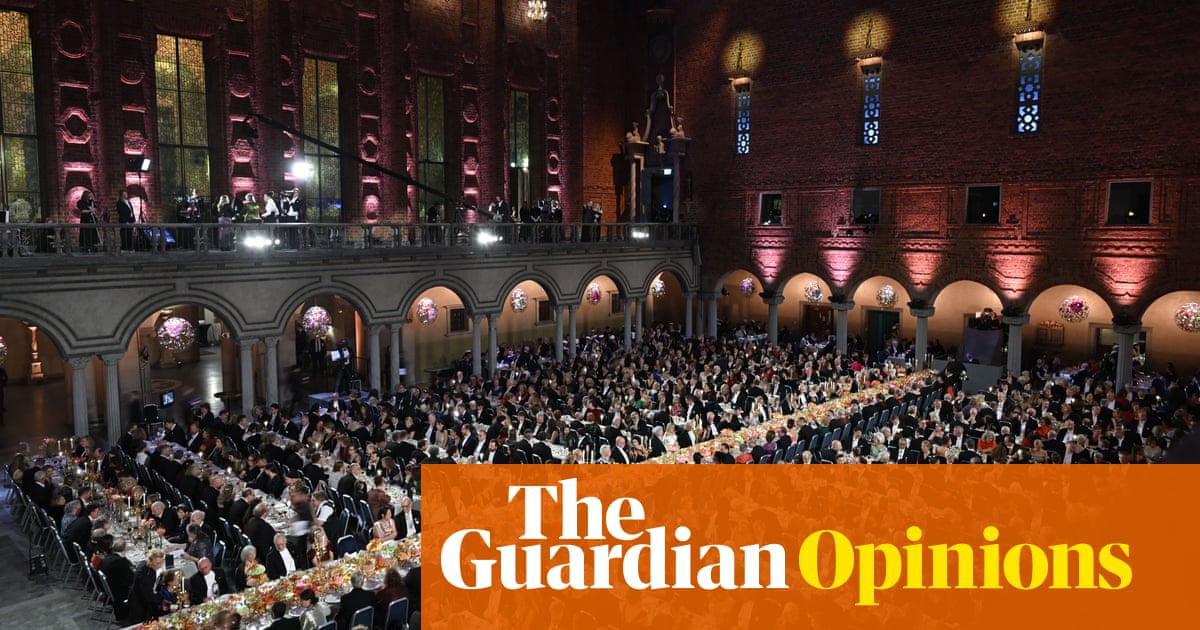
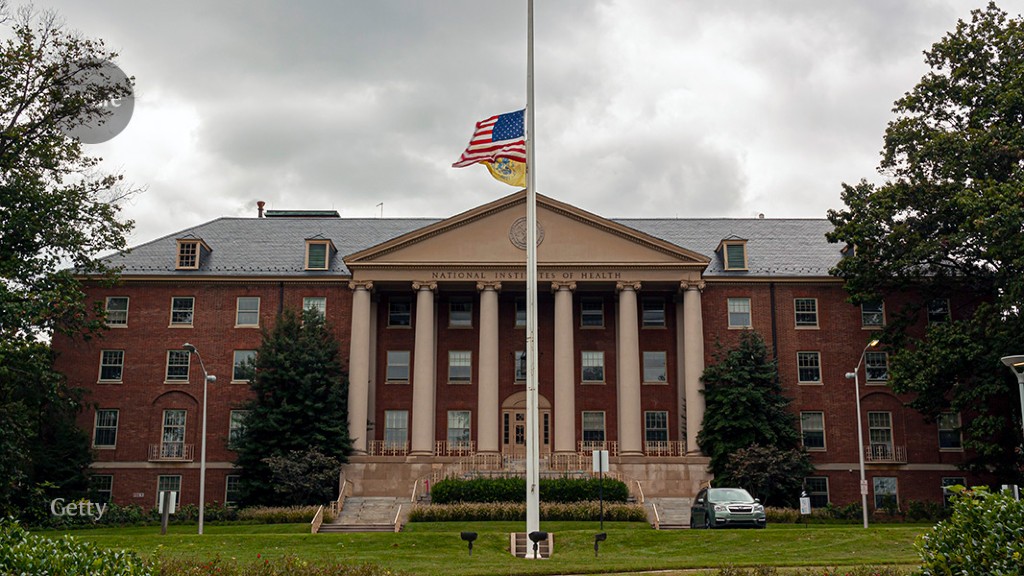
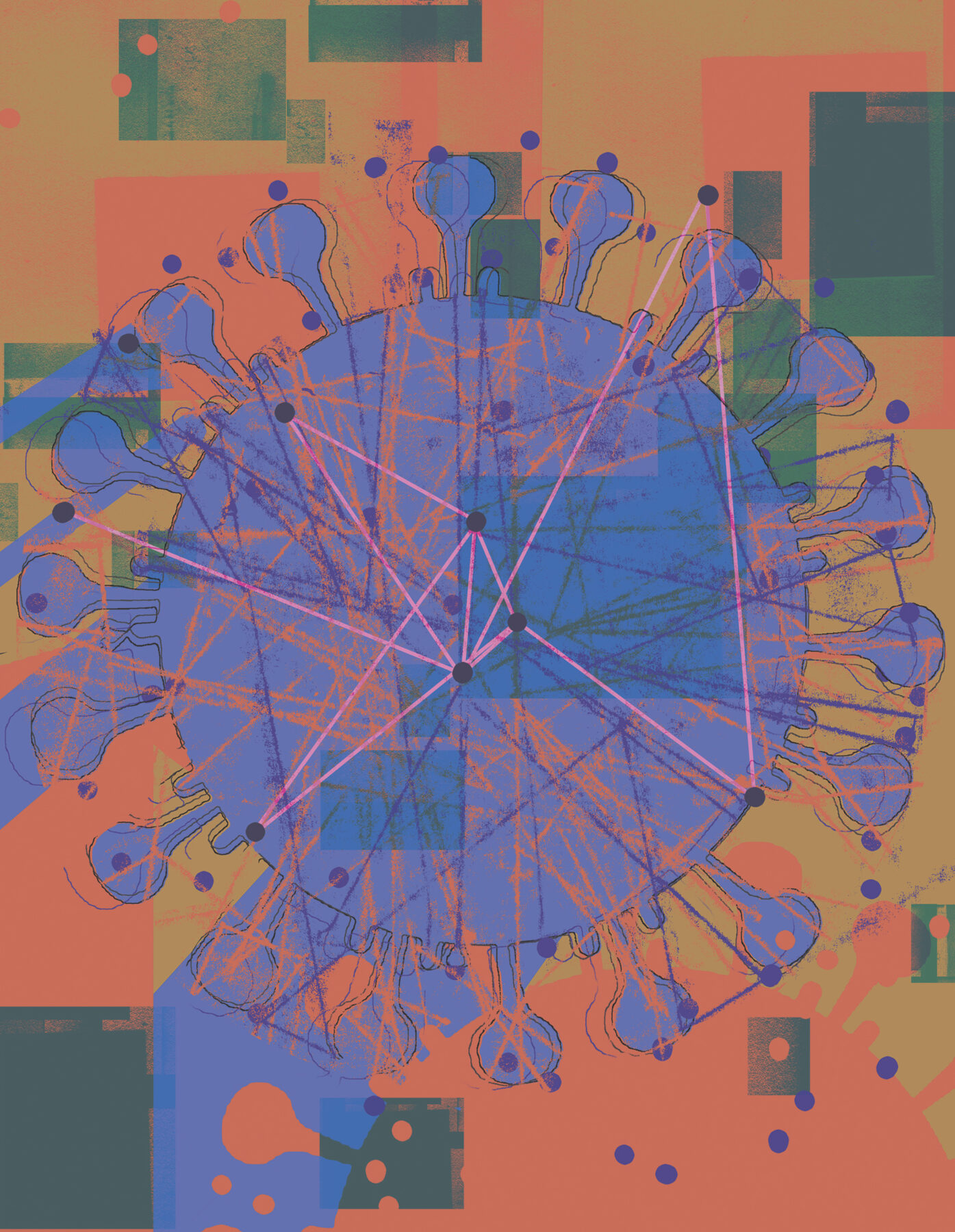
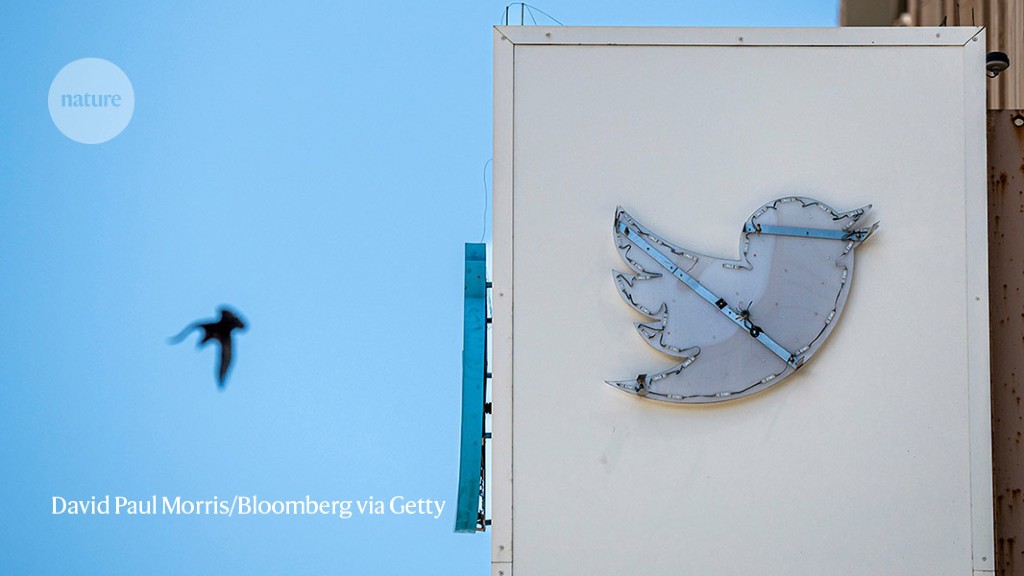
China's involvement in Horizon Europe is becoming increasingly restricted to environment-focused and basic research, but is still holding up despite geopolitical headwinds and the disruption to face-to-face contact caused by the pandemic.
Ambition is there but resources may not be, African academics warn ahead of summit.
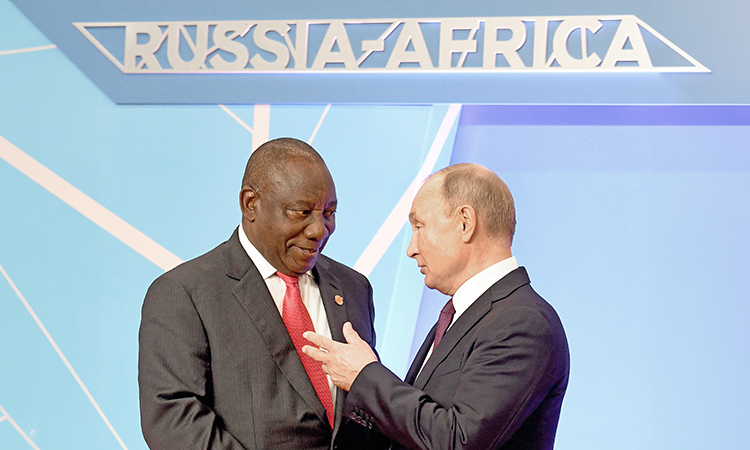

Germany's oldest university hosts many scientists conducting groundbreaking work. Little did they know how they would become entangled in China's quantum military strategy.
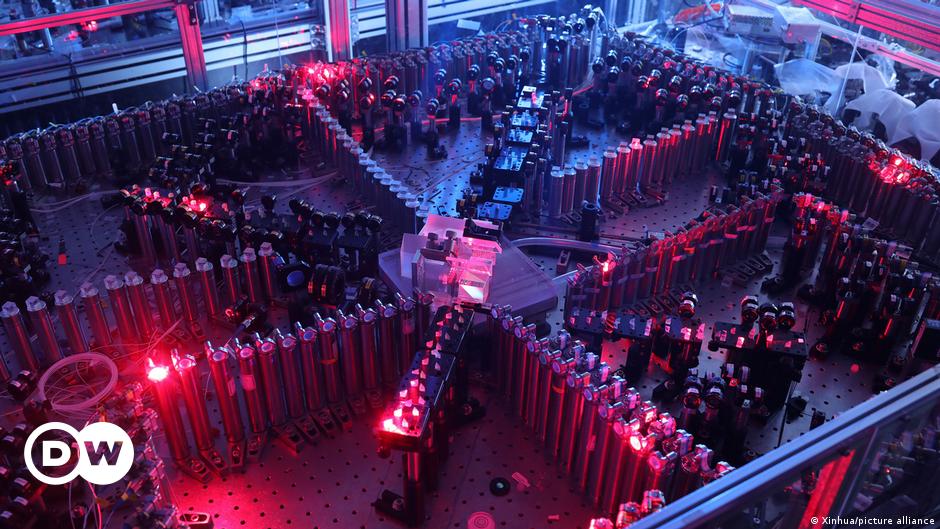
While societies are facing complex problems involving multiple stakeholders and interdependencies, interest in collaborative governance as a potential solution is rising.
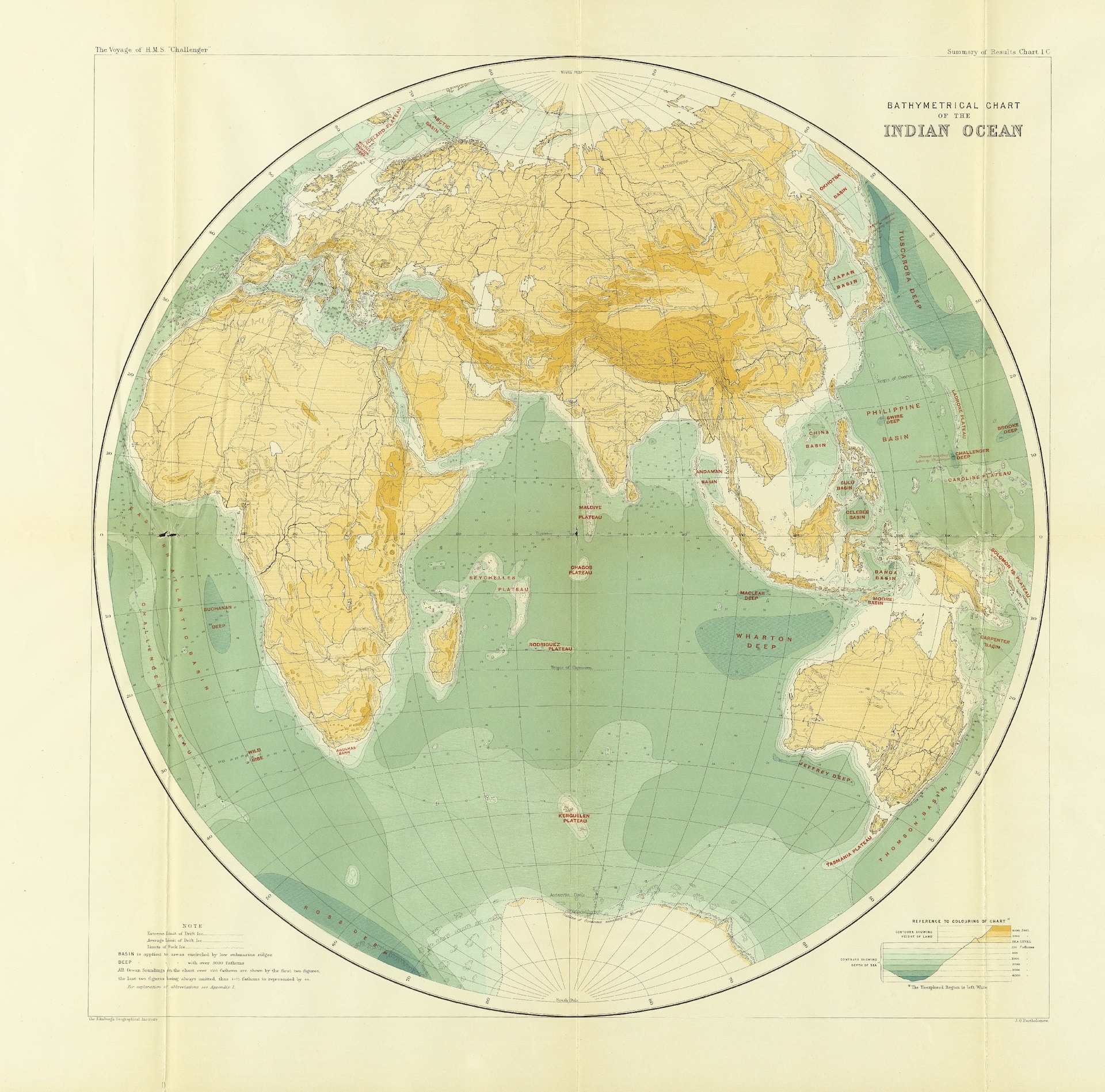
Many Big Science projects and networks experience conflict. Yet, so far, there is no theoretical model that explains which mechanisms connect conflict cause and outbreak in Big Science.
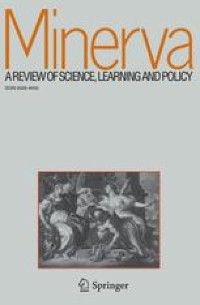
The international body that banned chemical weapons is due to celebrate its first major milestone sometime this year — the completed destruction of the world’s declared stockpiles of banned substances. But at the organization’s brand-new facility in the Netherlands, scientists from around the world will continue its work to prevent, spot and respond to chemical warfare.
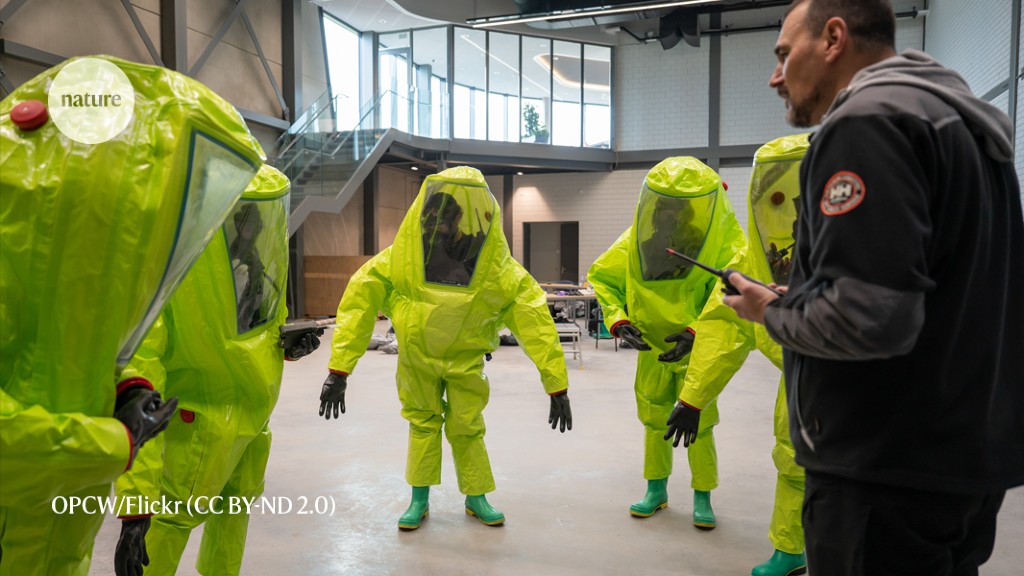
Amid increasing competition and conflict with countries such as China, calls to restrict international scientific cooperation overlook benefits to the United States.
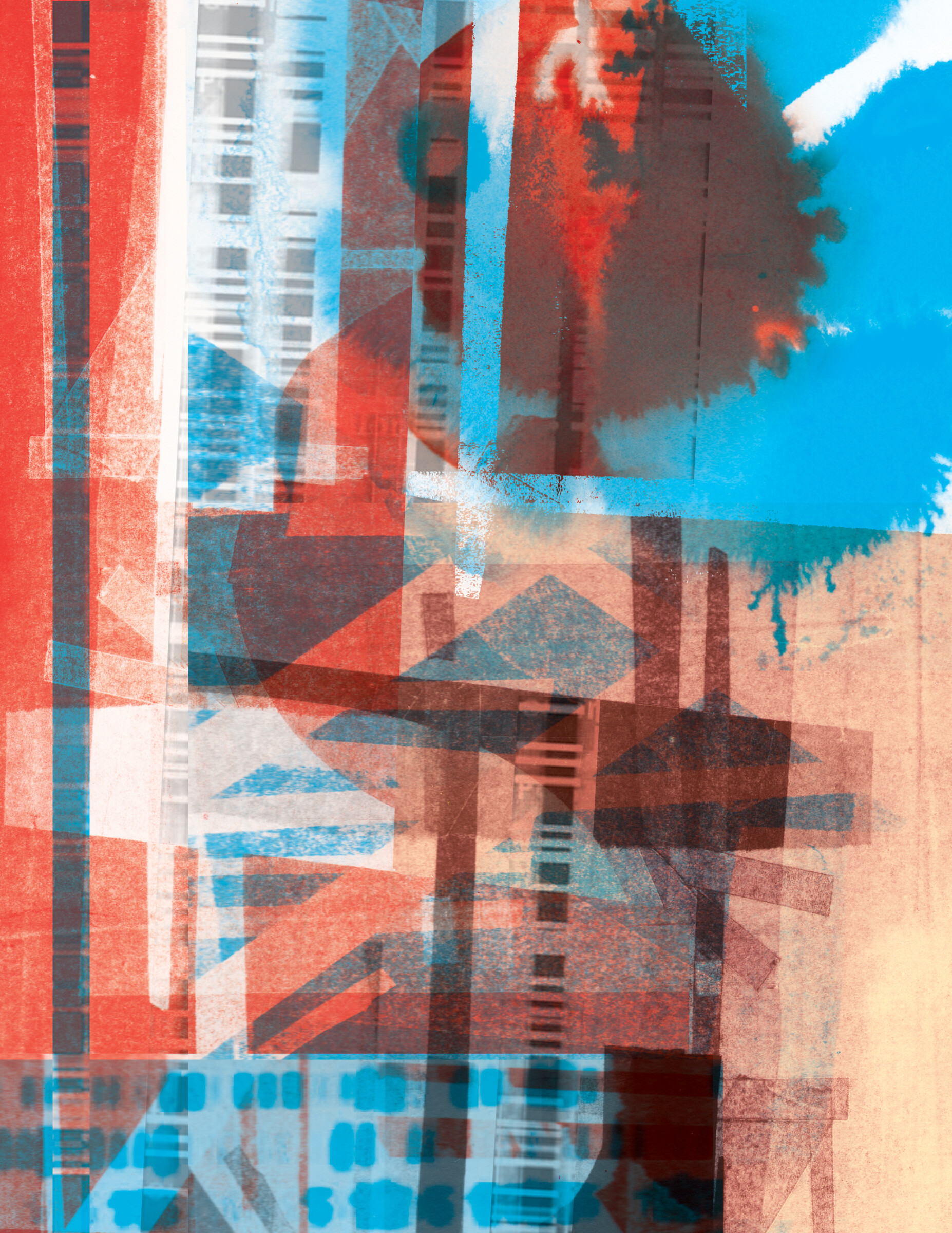
Exactly 30 years ago, CERN publicly released the tool that allowed scientists and institutes working on CERN data all over the globe to share information accurately and quickly.

The Foundation for Polish Science recently extended its For Ukraine programme, launching a third call, open for proposals until 4 April from pairs of scientists working in tandem, one from Ukraine who can be living anywhere, and one employed in Poland.
The first meeting of the G20 Chief Science Advisers Roundtable (G20-CSAR) in Ramnagar, Uttarakhand, Wednesday, witnessed intense discussion on transboundary science and technology issues of mutual interest. This was the first time that chief science advisers of different countries gathered for a roundtable conference at the G20 platform.
Collectively solving problems shared by many nations requires a new global science and technology commons.

In 2019 the German Academic Exchange Service (DAAD) set up a new service, the Competence Centre for International Academic Cooperation (KIWi). It's been hugely popular, and the DAAD believes it's time to give it a boost.
A transitional arrangement means researchers in New Zealand can apply for Horizon Europe grants as of now, even though Brussels and Wellington have yet to fix a budget following the agreement last December under which New Zealand became the first country to secure full association to the research programme.
China, the US and the EU's race to control their own scientific advances and cut out supply chain dependencies could lead to a "decoupling" of research activities at a time when collaboration to solve global issues is crucial, says a stark report by the OECD.